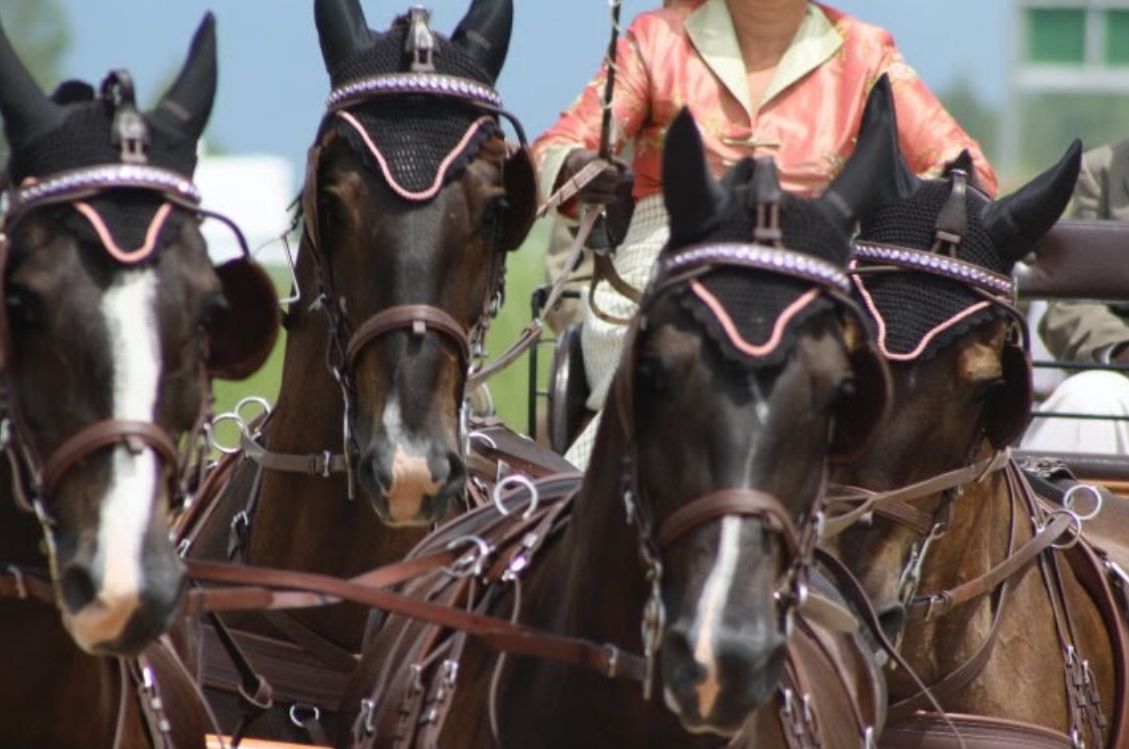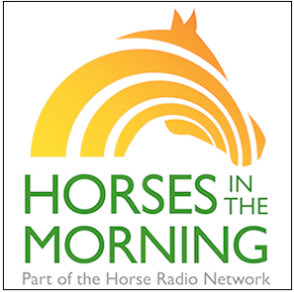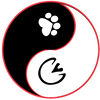
Dr. Wendy's Talk At the Carriage Association of America's Winter meeting in Sarasota Jan 2019.
After a brief overview of Traditional Chinese Veterinary Medicine, we explore the 5 Element Theory and learn how to determine the Constitutions and use that knowledge to develop more effective, harmonious training strategies for our horses.
0 Comments
 Dr. Wendy presented 2 papers at the 20th Annual International Conference on TCVM in November 2018 in Ocala. See Abstracts below. Full papers are published in Pain, Lameness, Neurological and Endocrine Disorders - TCVM Update through the Chi Institute bookstore TCVM for the Treatment of EPMAbstract Equine protozoal myeloencephalitis (EPM) is an important neurologic disease of horses most commonly caused by infection of the central nervous system by the protozoa, Sarcocystis neurona. Clinical signs can be focal or multifocal and are attributed to damage to neural tissues by invasion of the protozoa and concurrent inflammation. Many horses will test seropositive, however, only a small percentage will exhibit clinical signs which implies horses with a compromised immune system are susceptible to infection while horses with a healthy immune system are able to clear the parasitic infection without treatment. Traditional Chinese Veterinary Medicine theory views this disease pattern as a Zheng Qi Deficiency with Qi and Blood Stagnation. Premortem diagnosis in both Eastern and Western Veterinary Medicine involves a thorough neurologic exam and response to treatment. Treatment with acupuncture and herbal therapy alone or in conjunction with pharmaceuticals has a favorable prognosis. Food therapy and rehabilitation can assist the horse to return to full function. Recrudescence and reinfection when the immune system is challenged is a common sequela, therefore, long term care of EPM horses should include TCVM treatment during times when the Zheng Qi may be challenged. Using the Horse's Constitution to Treat "ADR"Abstract
Preventative veterinary medicine is an age old concept that is the basis of animal husbandry. As veterinary medicine continues to become more specialized, veterinarians delegate many of the preventative procedures; feeding, housing recommendations, parasite control, farriery, dental care, breeding and conditioning to paraprofessionals and caretakers. The majority of horse owners no longer come from agrarian backgrounds where husbandry practices for the local climate and forage was passed on from generation to generation. Media, funded by corporations that sell vaccines, pharmaceuticals, supplements and processed feeds, have become the largest source of educational material for our clients concerning the wellness of their horses. Many modern horses live in urbanized settings, have little turnout and are fed large amounts of concentrated feeds. Competition can be demanding due to travel, athletic expectations, emotional stress and artificial day lengths. Some horses are more sensitive to stress, temperature, training methods and foods. If we can recognize our patient’s weaknesses, we can be better equipped to help them. The 5 Element theory classifies a basic constitution of a horse and helps us recognize how a horse with a certain constitution reacts with his environment, lifestyle and rider. We can use the constitution to prepare a Traditional Chinese Veterinary Medicine treatment plan to support constitutional vulnerabilities to reduce the incidence of disease, lessen the risk of sports injury and keep the horse happy in its work. Educating our clients on basic care and wellness and considering constitution, diet, environment and seasonal factors will help our sporthorses stay strong in mind, body and spirit throughout their career. |
�
Dr. WendyPractices Traditional Chinese Veterinary Medicine in Sarasota, Florida Categories
All
Archives
December 2023
|
|




 RSS Feed
RSS Feed

